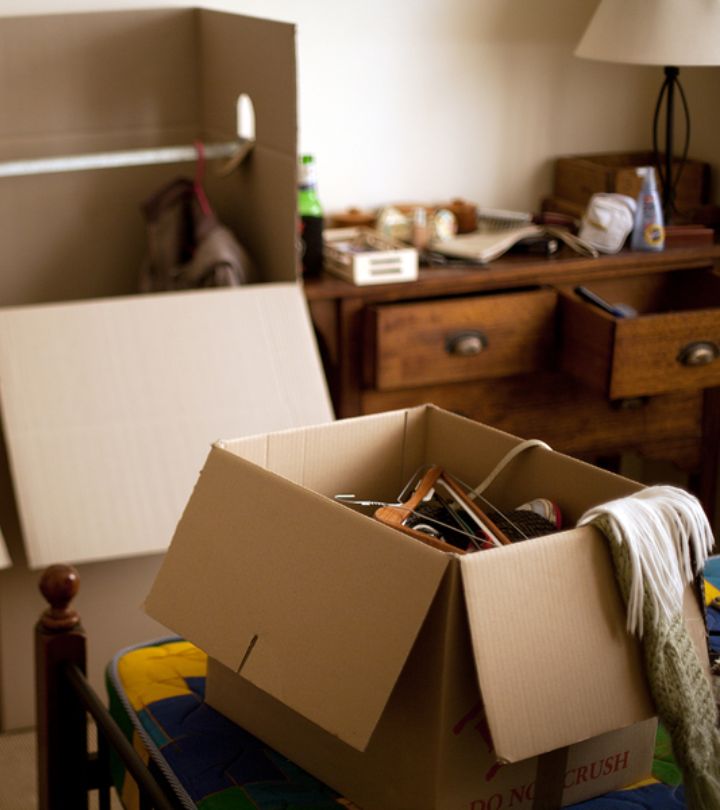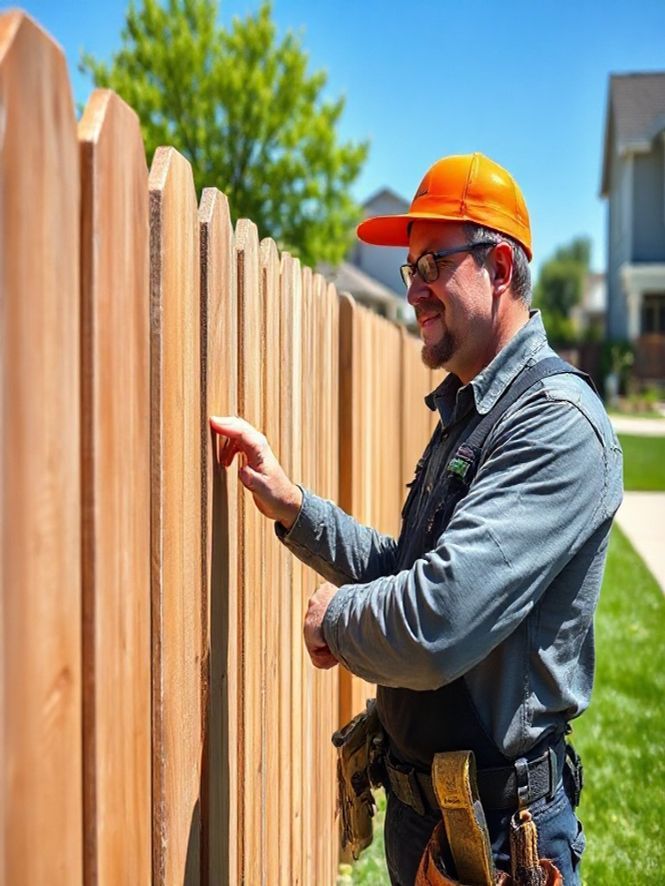It can be difficult to think about your own death. While you may want to believe you can live forever, it is necessary to develop some kind of plan to make sure your loved ones are taken care of when you pass away. One of the main things to set is your will and what will happen to your assets after you pass away. From your personal belongings to your finances, you need to come up with a secure plan so your wishes are followed even after you die.
There’s an old saying that “you can’t take it with you.” This is true about every earthly possession you have. When you pass away, all your belongings are left behind for your family and friends to claim. If you plan ahead, you can have some say over what belongings go to each person. For individuals without a will, the process will be slightly different. Look for ways to establish a plan for when you pass away, so your personal items are left with the right people. Here’s the answer to where those precious belongings go when you pass away.
Table of Contents
Take steps to plan for when you pass away.
There are several different ways you can plan for your death. One of the best ways is to establish a legally binding will. Meet with a lawyer to develop a document that spells out exactly where you want all your things to go. You can be as specific or vague as you want. Once your will is notarized and signed off by an attorney, it is legally binding and will define all the steps that are taken after your death.
You can also make plans for when you pass away when it comes to your funeral services. This can help take the stress off your family as they are grieving. Decide if you’d like cremation services or to be buried in a coffin. This will help the funeral home make final arrangements that are exactly what you want. The best cremation organizations know they are a shoulder to cry on for grieving individuals and want to offer affordable, great solutions for your burial needs. The more you can plan and establish, the better peace of mind you’ll have that everything will be taken care of when the time comes at the end of your life.
Plan for what you want to do with your physical property.
When you are creating your will, you can be as specific as you want with your belongings. Come up with an itemized list of the pieces and products that are most important to you. Then you can divvy up these products and make specific requests for who will get what.
Maybe you have the best Amazon air purifier that you’re really passionate about. It has helped you in your time of need to eliminate pollution, allergens, dust mites, dander, and germs from the air. If you have a loved one struggling with asthma or really bad allergies, maybe you want to give them the air purifier to help with their specific needs.
This is something you can do with your will. Be as specific as you need whether that is who gets your real estate property or your collection of Beanie Babies. Everything is important to you, so it deserves to be passed on with compassion and care.
Financial and liquid assets can be split up.
Your property and physical belongings are one area you are passing down to your loved ones, but you also have plenty of liquid assets to consider as well. This involves your financial accounts, investments, life insurance, business obligations, and, unfortunately, debts. You can include what to do with your finances in your will as well.
Leave a certain sum to your family members or name new certain people to be in charge of your business acquisitions. From your stock in a big-name company to your financial interest in a publication like Abingdon Press, you can split every asset up amongst your beneficiaries. Typically, you’ll name someone the executor of your will who makes sure your wishes are fulfilled and you’ll have another beneficiary who receives many of your liquid assets.
Do know this may mean you will pass on debts as well. To avoid this, consider selling your life insurance policy for its cash value, which can help seniors pay off their debts rather than passing it on to loved ones. Things like a mortgage or outstanding loans may still need to be paid out by your beneficiaries. However, things like federal student loans will disappear upon your death.
What happens if you don’t have a will?
Not everyone commits to writing a will. Especially if you die unexpectedly or in an accident, you may not have had the time or wherewithal to create your final will. If this is the case, the state will typically transfer your assets to your next of kin. The line of succession usually starts with your spouse, then your children, then other family members, and so on. The probate courts will decide where your belongings end up in these cases.










